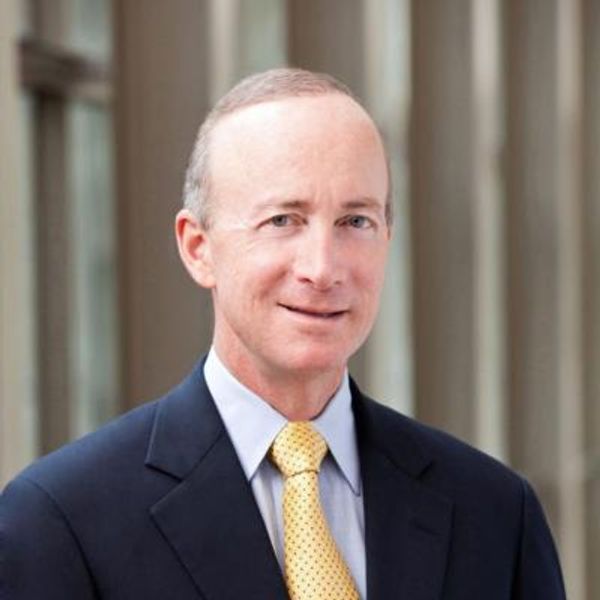
At some glorious point in the next year, Josh Frydenberg’s new budget pronounces, unemployment will fall to 3.75%. Its lowest level in 50 years. This is wonderful. And yet it will wrench and reshape our political landscape in strange and unusual ways.
Governments are like a magician engaging in misdirection. They don’t want you to look at the rising cost of living. Alakazaam! Look over here!
In the case of this Coalition government, what is going best is unemployment. The first economic fact the treasurer mentioned in his budget speech was that unemployment had fallen to 4%, just before he trumpeted that the jobless rate was going to fall further. The budget projects a steady unemployment rate of 3.75% over the next three financial years. Although as the next chart shows, forecasts and reality sometimes have little in common.

Expect to hear an awful lot about low unemployment in the run-up to the election.
Remember that as treasurer Peter Costello fell backwards into a balanced budget, courtesy of record revenues which Treasury completely failed to forecast. He had so much money he was able to reduce net debt to zero and also dole out record amounts of middle-class welfare, like the baby bonus.
Having balanced the budget, he then turned that fact into his crowning achievement. Notice the order — first the achievement and only then its elevation to status of proof of brilliant economic management. And the Liberal-aligned press amplified the narrative.
The Coalition will do the same with low unemployment. Having achieved it, mostly accidentally, they will now hold it as proof of their superiority as economic managers. If, under Labor, unemployment were to rise, that will be turned into a truncheon to use against the treasurer of the day.
This will reshape the partisan landscape. After all, it was the Labor treasurer following Costello — Wayne Swan — who most obsessed over surpluses. Whichever Labor treasurer follows Frydenberg — perhaps as soon as May — will be laser-focused on unemployment too.
Border control
So far, so good. Record low unemployment is good for us all.
But this will just open up the can of worms on whether stimulus or border policies did the job. Were closed borders even the reason for our low unemployment rate?
The Grattan Institute argues forcefully not. They say new arrivals add at least as much to the demand side of the economy as the labour supply side, so when we reduce migration you’d actually expect a weaker economy. Anyone who disagrees with that needs to explain why a soaking torrent of stimulatory fiscal and monetary policy isn’t the reason for low unemployment.
But the Grattan Institute argument has gone down like a lead balloon. Everyone has the experience of being served in a restaurant by an Aussie kid when usually the role would be filled by a backpacker. And UberEats is imploding in the absence of foreign student labour. Meanwhile the head of the ACTU and some economists attribute the fall in unemployment to the lack of new workers arriving.
So whether or not closed borders were the cause of low unemployment, they are perceived as such. Which means the unemployment-migration nexus is the future of politics in this country.
In this context everyone will soon be aware that the budget forecasts net overseas migration to increase from a net loss of 89,000 people last financial year to a gain of 41,000 people this year and 180,000 people next year. If that wave of migration coincides with unemployment rates rising back to their old levels, migration will become the whipping boy.
It is unclear which party will grab which side of this debate. The Coalition is at once the party of border control and of business, and business won’t love lower migration. Labor is at once the party of openness and unionism. Their inner-city voters won’t like a debate that casts migrants as a negative. Either side could claim this territory.
Who is more willing to cynically exploit beliefs — true or not — that we can keep down unemployment by reducing immigration, or by limiting the work rights of visitors? Time will tell.
Having unemployment at the centre of our political debate should be a time for celebration. But as it stands it is set to mix with the toxic politics of race and migration. And there is little that is glorious about that.







